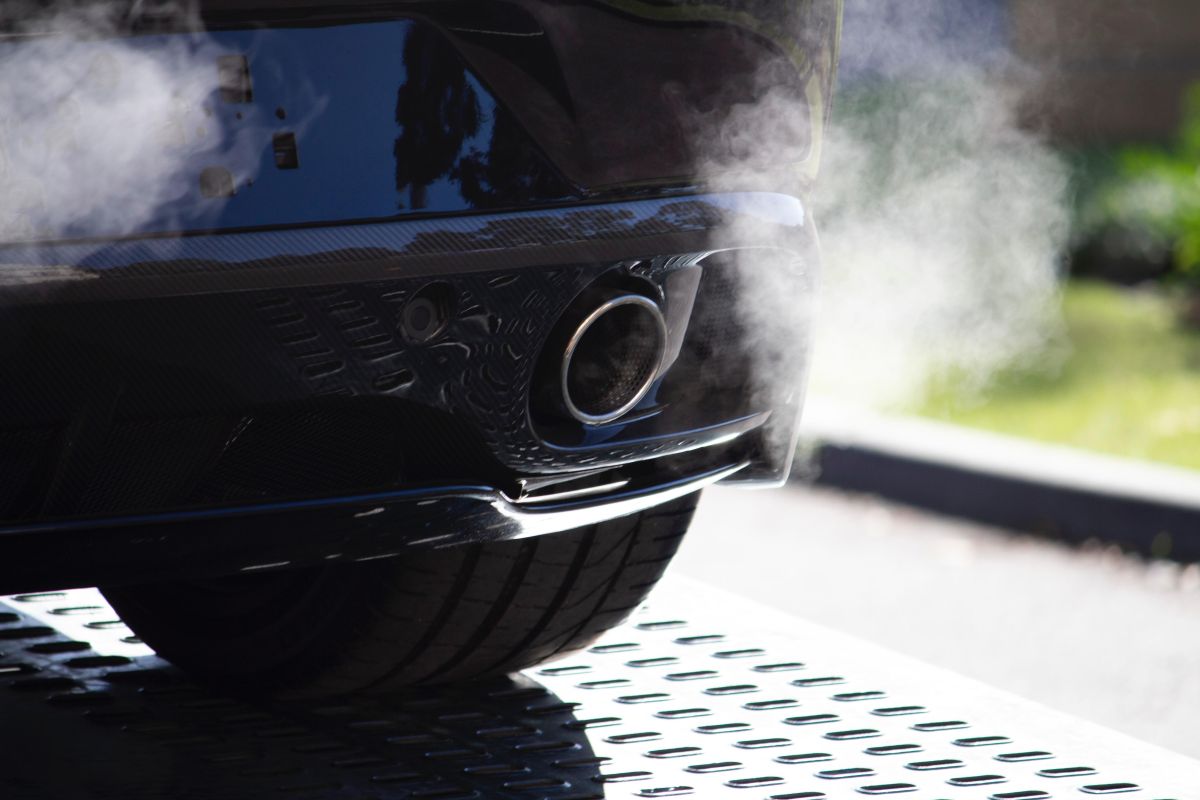The Biden administration is reportedly preparing to relax its previously announced targets for reducing vehicle emissions and increasing electric vehicle (EV) sales by 2030 after considerable pressure from automakers and the United Auto Workers (UAW), according to Reuters.
In April 2023, the Environmental Protection Agency (EPA) set forth a proposal to mandate a 56% cut in new vehicle emissions by 2032, alongside an aggressive push for EVs to make up 60% of new vehicle production by 2030, and 67% by 2032. These measures were part of a broader strategy to combat climate change through reductions in tailpipe emissions.
However, facing concerns from the automotive sector regarding the feasibility of these targets, the EPA is now expected to moderate the pace of these yearly requirements. According to sources familiar with the matter, the revised regulation, which could be announced as early as March, is likely to set a less ambitious benchmark for EV production, falling short of the initial 60% target by the end of the decade.
The UAW, which has endorsed President Joe Biden in the upcoming election, expressed concerns the original EPA proposals might jeopardize auto jobs, advocating for a more gradual increase in regulatory stringency. Similarly, the Alliance for Automotive Innovation, representing major automakers like General Motors, Ford and Toyota, criticized the initial targets as "neither reasonable nor achievable," suggesting a more moderate goal of 40% to 50% for electric and plug-in electric vehicles by 2030. This stance is supported by the current market share of EVs, which stood at around 8% in 2023.
John Bozzella, CEO of the Alliance for Automotive Innovation, emphasized the importance of the upcoming years for the EV market, advocating for a balanced approach that allows the market and supply chains to adapt. This includes expanding public charging infrastructure and leveraging policies like the Inflation Reduction Act to facilitate the industry's transition.
The EPA's revised proposal is still under review. An agency spokesperson said the goal is to finalize a rule that is "readily achievable" and promotes reductions in air pollution while ensuring economic benefits.














